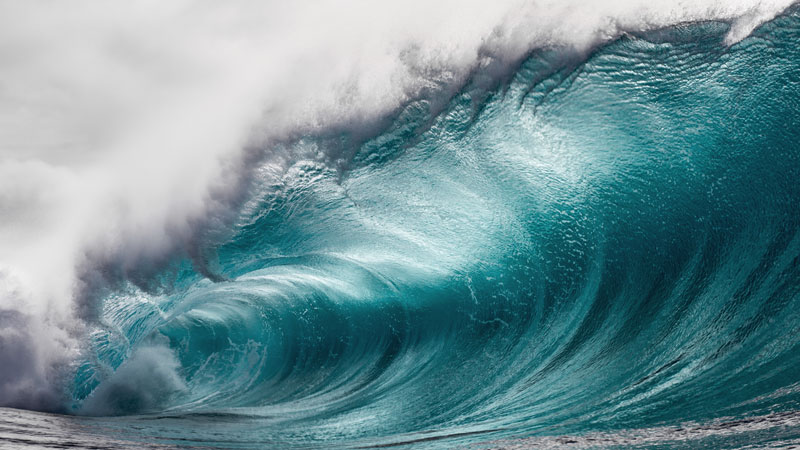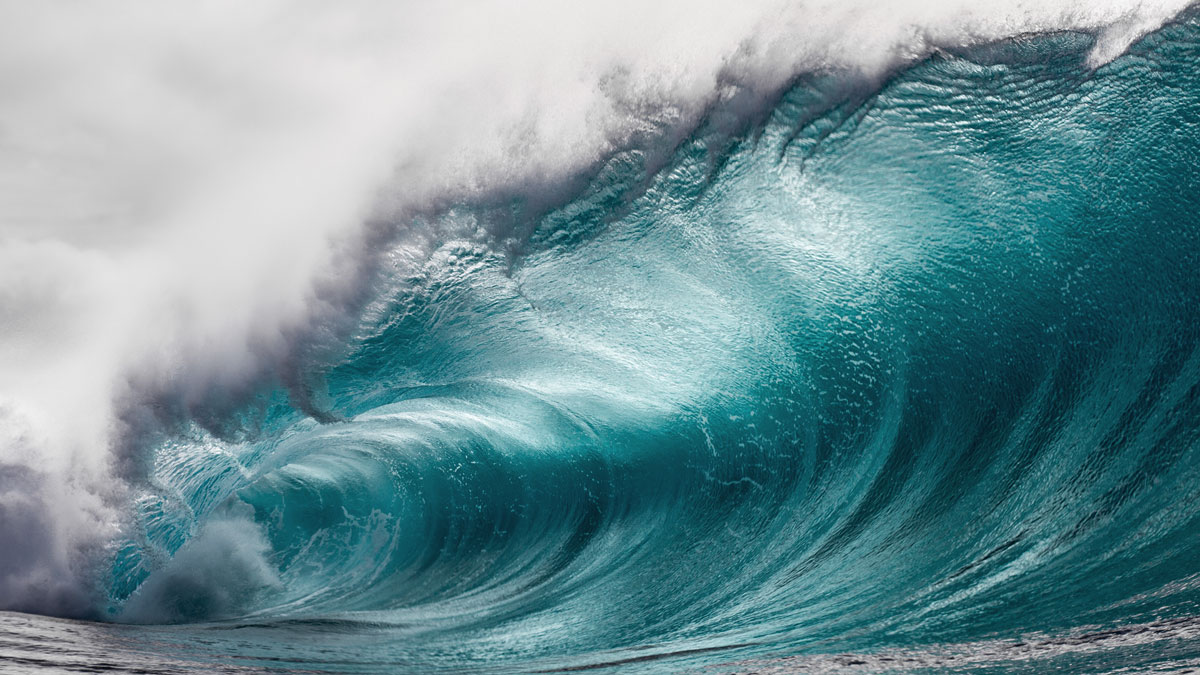The European Green Deal is a growth strategy presented by the European Commission in December 2019. The Green Deal sets out the objective to make Europe the first climate-neutral continent by 2050.
European Commission Advances Scaling up of Offshore Wind Energy in the European Green Deal

Related services
The energy sector and its development towards a more sustainable future plays an important role in achieving climate objectives. To achieve these objectives, the Commission will review the EU’s energy legislation and propose revisions to it by June 2021.
The specific targets set out for the energy sector include the phasing out of coal and development of the power sector so that it is based mainly on renewable sources. Increasing offshore wind production will be essential in achieving these targets, which will require regional cooperation between Member States.

STRATEGY TO SCALE UP EUROPEAN OFFSHORE RENEWABLE ENERGY
As a part of the implementation of the European Green Deal, the Commission is currently preparing a European offshore renewable energy strategy which is planned to be published in the fourth quarter of 2020.
The strategy will set out measures seeking to promote the expansion of the production, distribution and use of offshore renewable energy by 2050. Offshore wind energy will have a key role, but the strategy also covers other offshore energy sources, such as wave and tidal energy.
The strategy continues the Commission’s long-term strategic vision published in 2018, the Communication ‘A Clean Planet for All’, in connection with which the Commission indicated that offshore wind in Europe should be increased from its current 22 gigawatt hours (EU-28) to 240–440 gigawatt hours in 2050 in order for the EU to achieve carbon neutrality by 2050.
THE STRATEGY WILL STRENGTHEN THE EU’S GLOBAL LEADERSHIP IN OFFSHORE ENERGY
The strategy will strengthen the EU’s global leadership in the offshore renewable sector. The Commission also emphasises the role of scaling up offshore energy in the post-COVID-19 recovery, which Commission wishes to be founded on sustainable growth.
The strategy will investigate the obstacles to the wider deployment of offshore renewable energy and propose measures to overcome them. Wider deployment of the offshore renewable production will necessitate, among other things, an examination of the use of the sea space, planning of the development of the cross-border offshore electricity grids, consideration of the environmental impacts as well as a review of the regulatory framework and available financial tools. The Commission has stated that the revision of the Regulation on the Trans-European Energy Networks (TEN-E Regulation (EU) No 347/2013) will form a core element of the strategy.
PUBLIC CONSULTATION ON THE STRATEGY TO END ON 24 SEPTEMBER 2020
A public consultation on the Strategy for offshore renewable energy is ongoing. It started on 16 July and will end on 24 September 2020.
All citizens and organisations can contribute to the consultation. The Commission wishes to gather input from all interested stakeholders, from national, regional and local authorities to investors, businesses, social partners, civil society organisations, education and training organisations, consumer groups, research and innovation organisations, as well as individuals.
Links:



